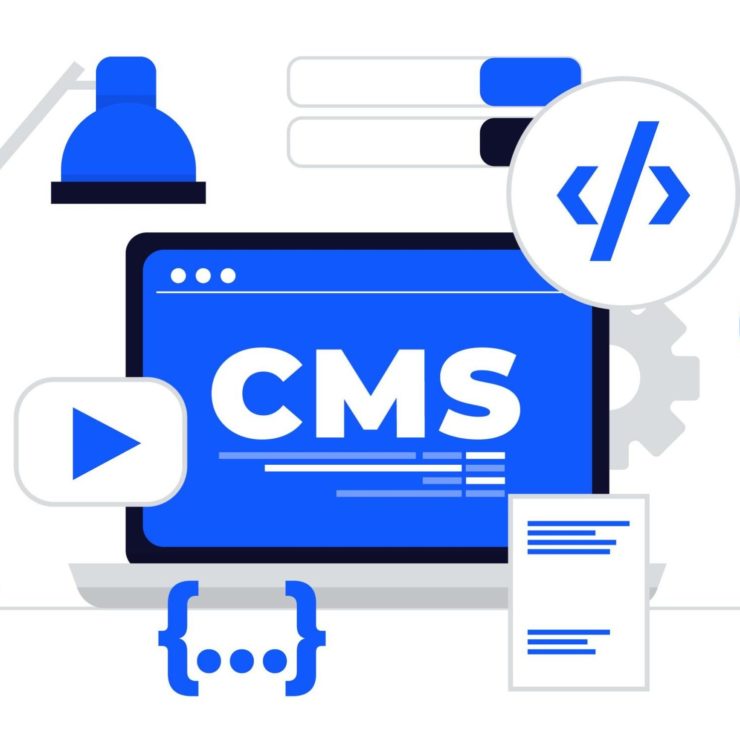Choosing the Right E-Commerce Platform
In the fast-paced world of e-commerce, selecting the perfect platform to power your online store is a decision of paramount importance. As we step into 2023, two industry giants, WooCommerce and Shopify, continue to dominate the landscape. This comprehensive comparison aims to equip businesses with the knowledge they need to make an informed choice based on their specific requirements and goals.

WooCommerce: Elevating WordPress-Powered Stores
Founded: 2011
Owned by: Automattic
Noteworthy Features Seamless WordPress integration, limitless customization options, open-source flexibility.
Key Features of WooCommerce
Seamless WordPress Integration: WooCommerce marries effortlessly with WordPress, making it a powerhouse for businesses already leveraging this ubiquitous content management system.
Customization at its Core: As an open-source platform, WooCommerce offers unparalleled customization capabilities, enabling businesses to sculpt their online stores to perfection.
Expansive Ecosystem: The platform boasts a plethora of plugins and themes, providing versatility in design, functionality, and additional features.
Cost-Effectiveness: WooCommerce itself is a free plugin, although businesses may incur costs for premium themes, plugins, and hosting, making it an attractive option for startups and small businesses.
Content Marketing Prowess: Thanks to the robust blogging capabilities of WordPress, WooCommerce facilitates content marketing endeavors, driving organic traffic and boosting SEO efforts.


Shopify: The All-Inclusive E-Commerce Powerhouse
Founded: 2006
Owned by: Shopify Inc.
Noteworthy Features: All-in-one solution, intuitive user interface, robust hosting, and security.
Key Features of Shopify
Unmatched User-Friendliness: Shopify is renowned for its intuitive interface, providing a hassle-free experience, even for users with limited technical expertise.
The All-Inclusive Solution: It offers hosting, security, and a comprehensive suite of features, reducing reliance on third-party integrations and streamlining the e-commerce experience.
Seamless Scalability: Shopify caters to businesses of all sizes, from burgeoning startups to established enterprises, making it an adaptable solution for companies poised for growth.
Payment Gateway Versatility: It supports multiple payment gateways, including its proprietary Shopify Payments, ensuring seamless and secure transaction processing.
24/7 Support and Assistance: Shopify stands out with its round-the-clock customer support, providing businesses with the peace of mind that help is always at hand.


Factors to Deliberate
1. Integration Harmony
WooCommerce: Ideal for businesses already entrenched in the WordPress ecosystem.
Shopify: Offers an encapsulated environment, minimizing external dependencies.
2. Budgetary Considerations
WooCommerce: Potentially more cost-effective, but select expenses may be incurred for premium extensions and robust hosting.
Shopify: Presents tiered pricing plans, encompassing hosting and security, eliminating the need for separate investments.
3. Emphasis on Growth and Scalability
WooCommerce: Scales adeptly with the right hosting infrastructure in place.
Shopify: Acknowledged for its scalability, accommodating businesses at every stage of their evolution.
4. Design and Personalization
WooCommerce: Offers unparalleled customization due to its open-source foundation, enabling businesses to craft a truly unique online presence.
Shopify: Provides an extensive array of professionally designed templates, simplifying the process of achieving a polished look.
5. Ease of Operation
WooCommerce: May entail a slightly steeper learning curve, particularly for those new to WordPress.
Shopify: Distinguished for its user-friendly interface and straightforward setup, appealing to businesses seeking an accessible platform.

Conclusion: Making an Informed Choice for 2023
As businesses evolve and expand, Adobe Commerce scales seamlessly to accommodate growing demands. Whether it’s handling increased traffic, managing a larger product catalog, or integrating with third-party systems, the platform provides the infrastructure and capabilities to support business growth. This scalability ensures that businesses can adapt to changing market dynamics without compromising performance.




